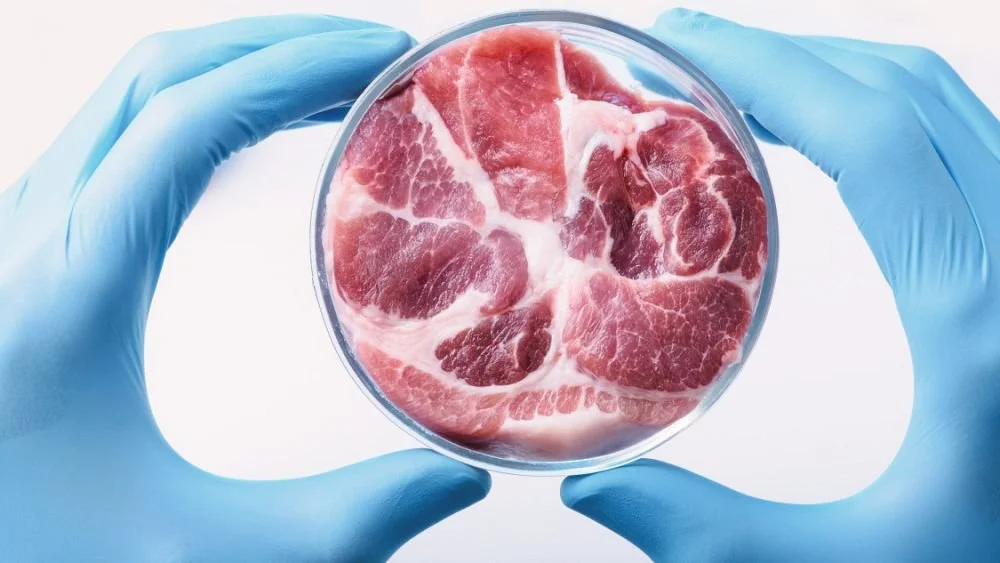Italy has recently made headlines with its decision to ban lab-grown meat, a move that reflects the nation’s dedication to preserving its traditional food culture and supporting local meat producers. In this article, we delve into the specifics of this ban, the technology behind lab-grown meat, the reasons behind Italy’s decision, and the potential implications for both Italy and the global meat industry.
Understanding Lab-Grown Meat
Lab-grown meat, also known as cultured meat or cell-based meat, is a form of meat produced through a process of cell culture rather than traditional animal farming. This innovative technology involves harvesting animal cells, usually muscle cells, and then nurturing these cells in a controlled environment to produce muscle tissue. The resulting product has the potential to resemble conventional meat in terms of taste, texture, and nutritional value.
Reasons for Italy’s Ban on Lab-Grown Meat
Italy’s decision to ban lab-grown meat stems from several key factors:
Protection of Traditional Food Culture
Italy is renowned for its rich culinary history and traditional food products, such as prosciutto, salami, and various regional cheeses. The government’s move to ban lab-grown meat reflects its commitment to preserving these time-honored traditions and ensuring the continuity of Italy’s culinary heritage.
Support for Local Meat Producers
By banning lab-grown meat, the Italian government aims to bolster local meat producers who rely on traditional methods. This decision seeks to protect the livelihoods of farmers and artisans who have honed their craft over generations, and to maintain the quality and authenticity of Italian meat products.
Concerns over Food Safety and Regulations
As lab-grown meat is still a relatively new technology, there remain concerns about its safety, regulation, and labeling. The Italian government’s ban on the product is, in part, a response to these uncertainties and a reflection of their cautious approach to new food technologies.
The Impact on the Italian Meat Industry
The ban on lab-grown meat is likely to have several notable consequences for Italy’s meat industry:
Strengthening of Traditional Meat Production
With lab-grown meat removed from the equation, traditional meat producers will be able to maintain their market share and continue providing consumers with authentic, high-quality products. This could lead to increased investment in local meat production, promoting sustainability and self-sufficiency within the industry.
Challenges in Addressing Environmental and Ethical Concerns
One of the main motivations behind the development of lab-grown meat is the reduction of environmental and ethical concerns associated with conventional meat production. With Italy’s ban on the product, the nation may face challenges in addressing these issues within its traditional meat industry. This could lead to an increased emphasis on environmentally friendly and ethical farming practices in order to meet consumer demands and global sustainability goals.
Potential Impact on International Trade
As lab-grown meat gains traction in other countries, Italy’s ban may create trade barriers and limit the nation’s ability to export its traditional meat products. As a result, the Italian meat industry will need to adapt and find new ways to maintain its competitive edge in the global market.
Global Perspectives on Lab-Grown Meat
While Italy has opted for a complete ban on lab-grown meat, other countries have taken a more open approach to this emerging technology. Here, we examine some of the key global perspectives on lab-grown meat:
United States
The United States has been at the forefront of lab-grown meat research and development. In 2020, the US became the first country to approve the sale of cultured meat for human consumption. Regulatory authorities, such as the FDA and USDA, have established frameworks for the oversight and labeling of lab-grown meat products.
European Union
The European Union has shown interest in the potential benefits of lab-grown meat, particularly with regard to environmental sustainability and food security. While no cultured meat products have been approved for sale within the EU as of yet, the European Food Safety Authority is currently evaluating applications for the approval of such products.
Asia-Pacific Region
Countries in the Asia-Pacific region, such as Singapore and Japan, have demonstrated a growing interest in lab-grown meat. Singapore, in particular, has made headlines as the first country in the world to grant regulatory approval for the sale of cultured chicken meat in 2020.
Conclusion
Italy’s decision to ban lab-grown meat is a bold move that underscores the nation’s commitment to preserving its traditional food culture and supporting local meat producers. The ban highlights the ongoing global debate surrounding the adoption of lab-grown meat and its potential implications for the future of food production.
As the world continues to explore the possibilities offered by this innovative technology, it remains to be seen how Italy’s stance will evolve, and how the nation’s meat industry will navigate the challenges and opportunities that lie ahead.
